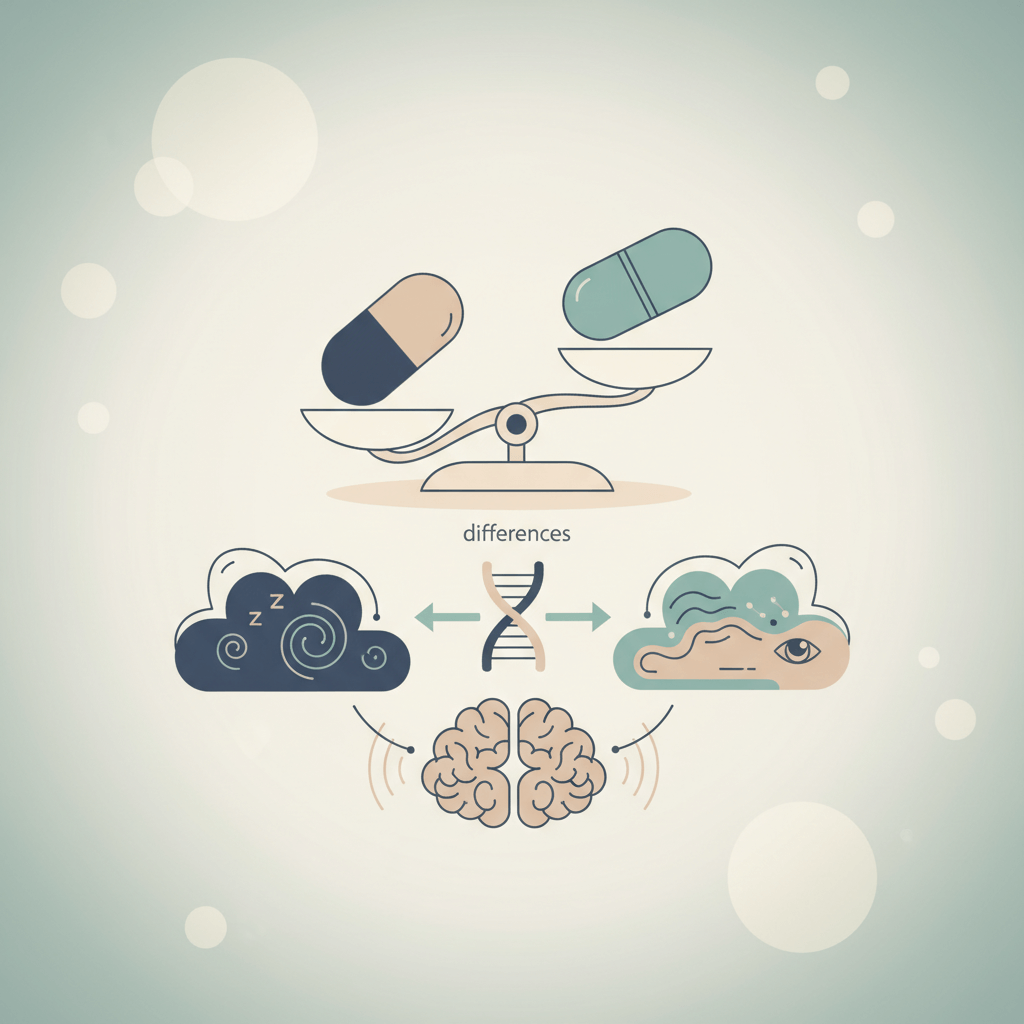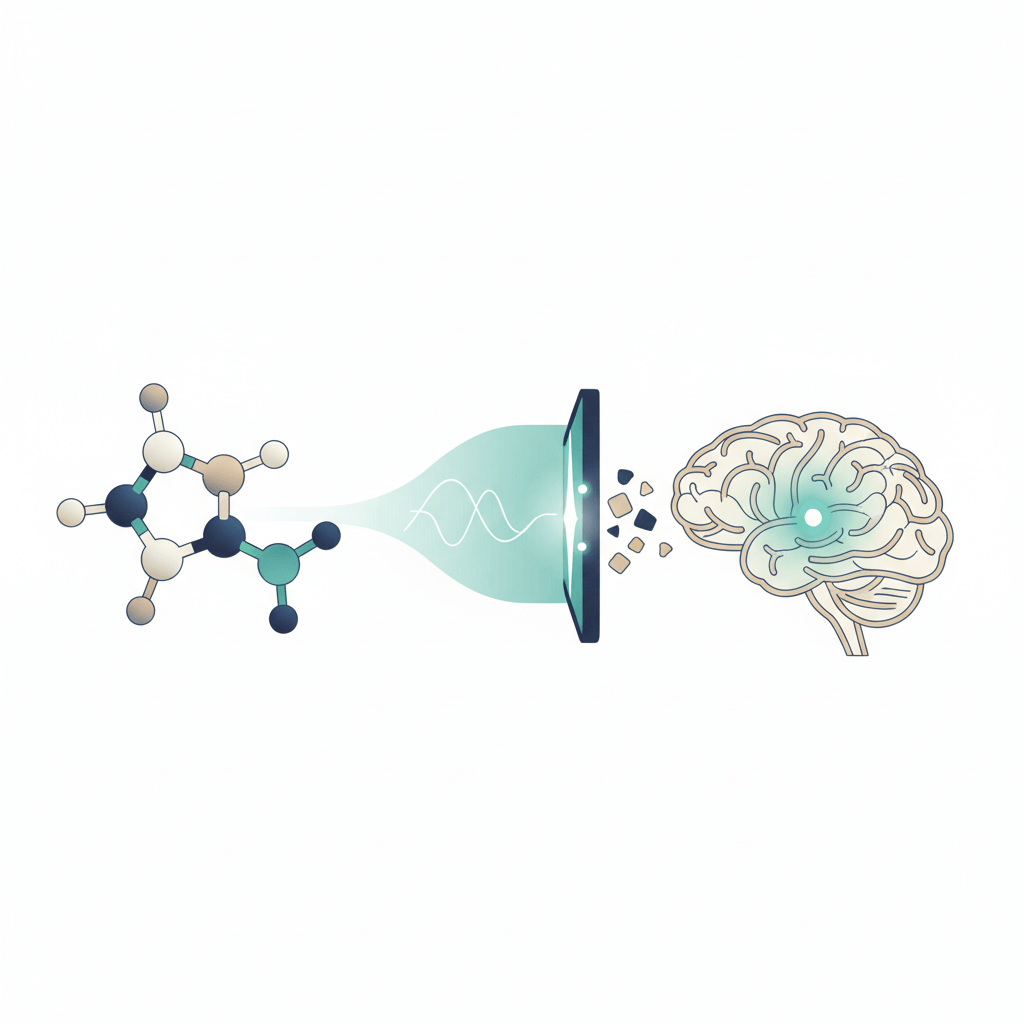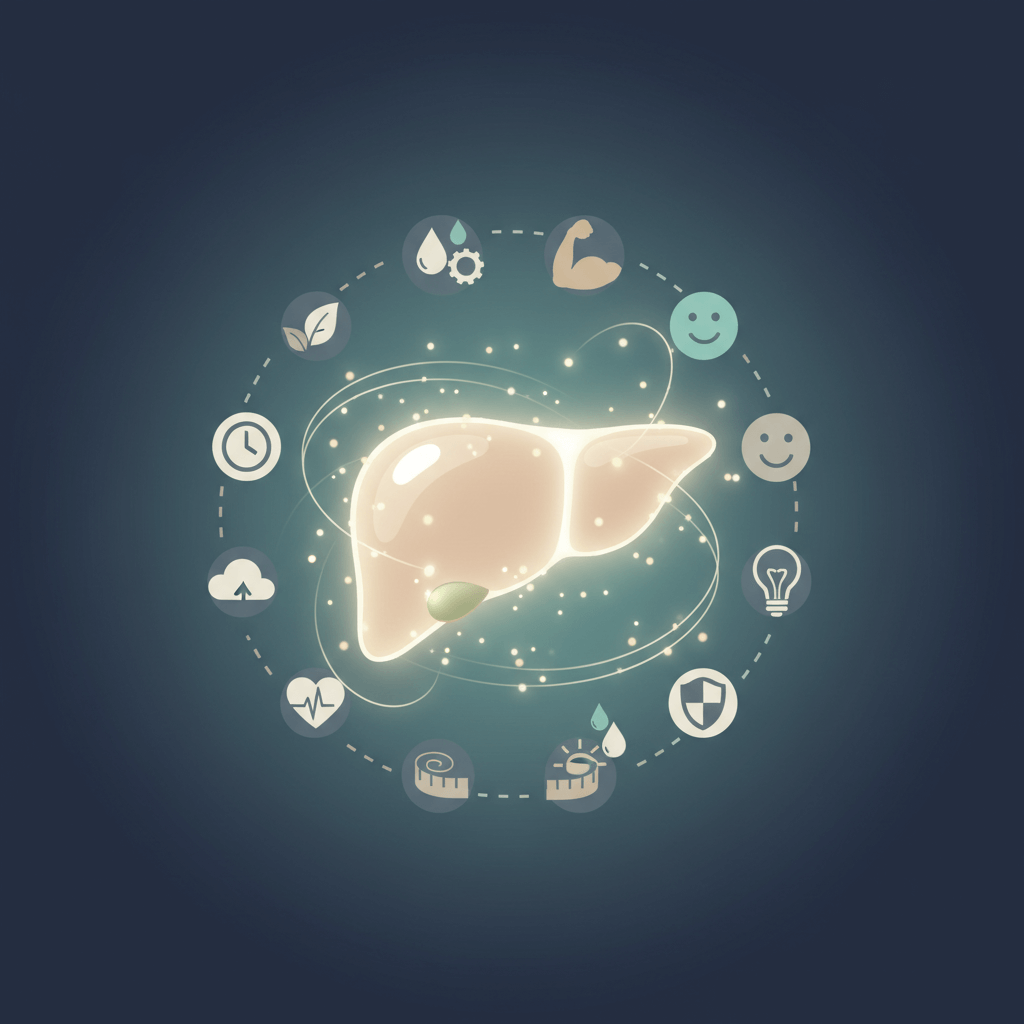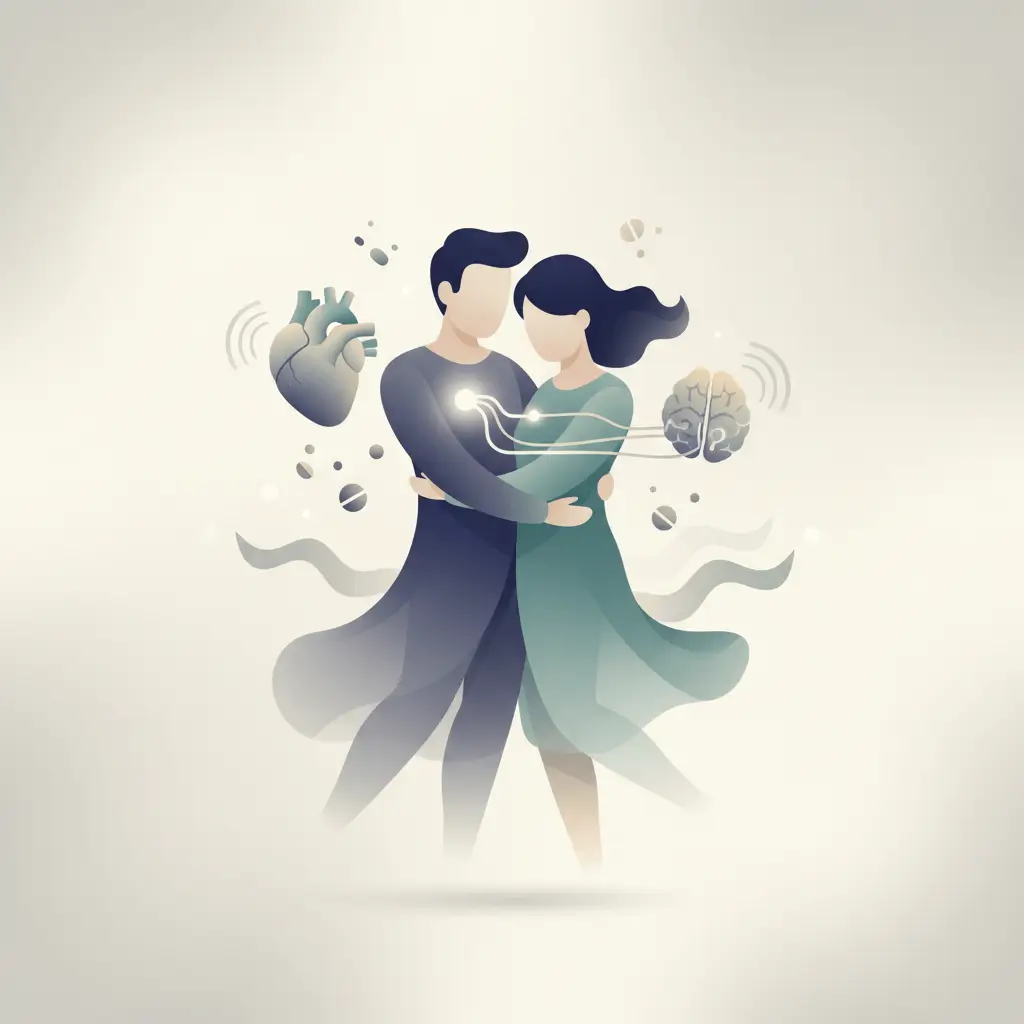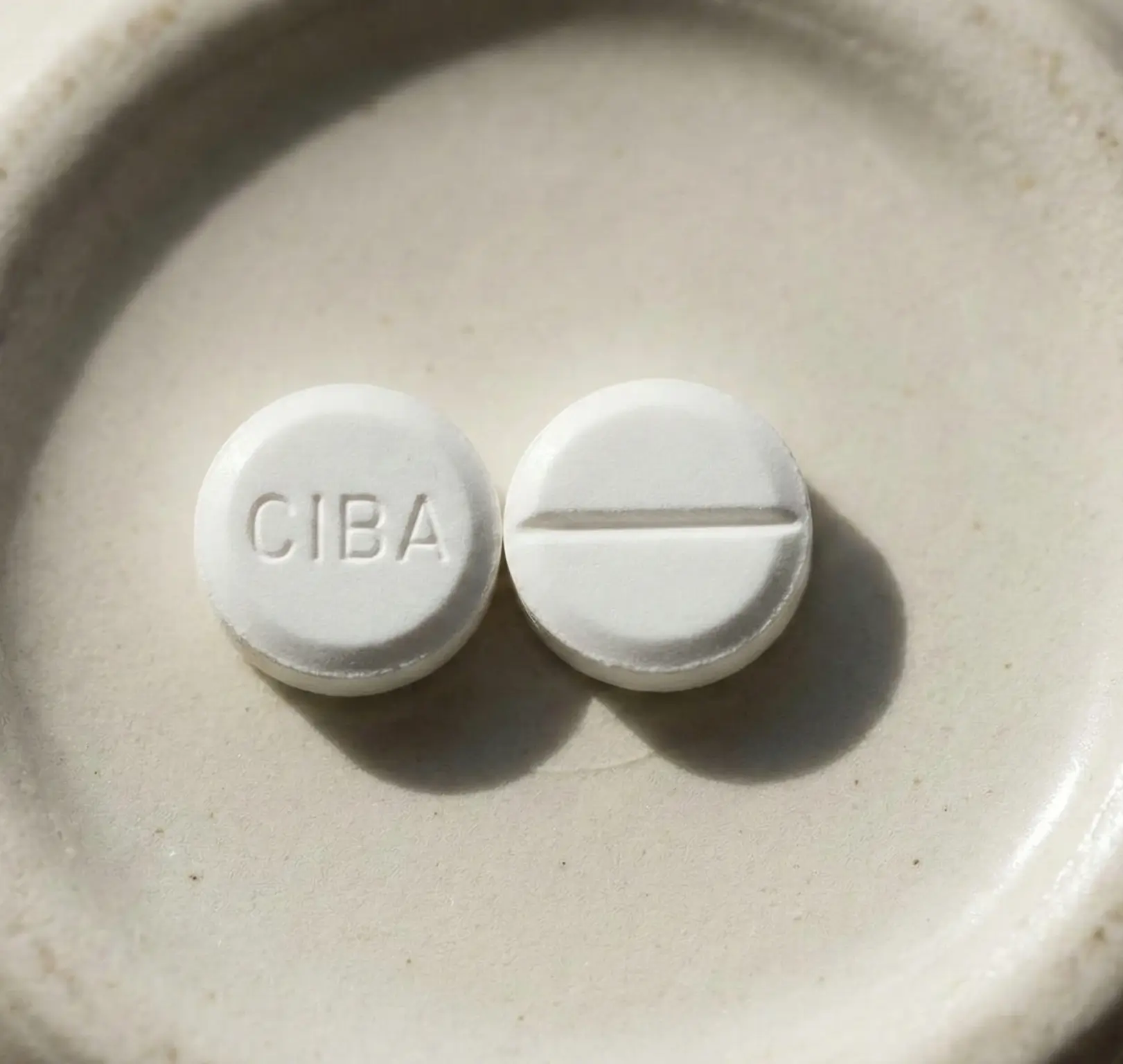Understanding Withdrawal Symptoms in Gambling Addiction: Insights from The Prescott House
Gambling addiction is often misunderstood and underestimated in terms of its severity and the challenges involved in overcoming it. At The Prescott House, a trusted treatment center with 35 years of experience, we specialize in helping individuals navigate the complex journey of recovery from gambling and other process addictions. Our ICGC-certified counselors and dedicated staff have witnessed firsthand the profound impact of gambling withdrawal symptoms and the path to recovery. In this blog post, we delve deeper into the withdrawal symptoms associated with gambling addiction, providing a comprehensive understanding from a professional treatment center's perspective.
The Reality of Gambling Withdrawal Symptoms
Make no mistake about it; the withdrawal symptoms of gambling addiction are extremely tough to get through, devastatingly unpleasant, and by no means one of the 'easier' addictions to withdraw from. In fact, if you ask anyone who has been through gambling withdrawal, they will almost certainly vouch for just how brutal of an experience it is.
Misconceptions About Gambling Addiction
An odd stereotype exists, as many people hold the mistaken belief that a gambling addiction is less severe than substance addictions, such as alcohol or drugs. This misconception stems from the perception that drugs and alcohol are physically consumable substances, whereas gambling is seen as an issue only affecting the mind. Consequently, some believe that the symptoms of gambling addiction withdrawal must be easier to cope with. However, this assumption couldn't be further from the truth. Both behavioral and substance addictions are equally enslaving, and the withdrawal experienced by gambling sufferers can be just as brutal.
The Biological Underpinnings
There is a very interesting biological reason why gambling withdrawal can be so intense, owing to the nature of how the brain processes chemicals. Most addictions interfere with our natural reward system, flooding the brain with dopamine, which creates an overwhelming sense of pleasure. Whether the addiction involves drugs, gambling, or other behaviors, the end result is the same: the brain releases dopamine, reinforcing the addictive behavior.
To counteract this surge, the brain attempts to restore balance by creating more receptor sites for neurotransmitters. This increase in receptors leads to tolerance, meaning that more of the addictive behavior is needed to achieve the same high. When an individual decides to quit, the excess receptors remain, but without the dopamine influx to fill them, the addict enters a state of withdrawal characterized by unpleasant symptoms.
Gambling Withdrawal Symptoms
At The Prescott House, we categorize gambling withdrawal symptoms into physical and emotional, recognizing that both play significant roles in the recovery process.
Physical Symptoms
Many people are surprised to learn that withdrawal from gambling can manifest in physical symptoms. Common physical withdrawal symptoms include:
- Heart Palpitations: An irregular or rapid heartbeat can cause significant discomfort and anxiety.
- Difficulty Breathing: Shortness of breath or a feeling of suffocation often accompanies intense emotional distress.
- Insomnia: Difficulty falling or staying asleep disrupts daily functioning and exacerbates other withdrawal symptoms.
- Nausea: Physical discomfort can intensify the overall feeling of being unwell.
- Headaches: Persistent headaches are a common complaint among those undergoing withdrawal.
- Irritability: Physical discomfort often translates into heightened irritability and agitation.
- Changes in Sleep Patterns: Disrupted sleep can lead to fatigue and impaired cognitive function.
- Difficulty in Daily Activities: Physical fatigue can make routine tasks feel overwhelming.
The severity of these symptoms varies depending on the duration and intensity of the addiction, as well as the individual's overall health. For example, a person deeply entrenched in compulsive gambling for several years may experience more pronounced physical symptoms, such as heart palpitations and difficulty breathing, especially if compounded by high-frequency gambling or existing mental health issues like anxiety or depression.
Emotional Symptoms
Emotional withdrawal symptoms are perhaps more expected but can be equally, if not more, challenging than physical symptoms. These include:
- Feelings of Depression: A pervasive sense of sadness and hopelessness can dominate daily life.
- Anxiety: Heightened anxiety levels make it difficult to manage stress and can lead to panic attacks.
- Restlessness: An inability to relax or remain still contributes to a constant state of agitation.
- Cravings for Gambling: A strong, often uncontrollable urge to gamble, even when aware of its detrimental effects.
These emotional symptoms resonate deeply with compulsive gamblers, making the decision to quit incredibly challenging. The emotional turmoil can lead individuals to seek other forms of substance abuse to cope, creating a compounded cycle of addiction. Pathological gamblers, classified by the American Psychiatric Association as having a severe gambling disorder, often experience the most profound emotional withdrawal symptoms, necessitating comprehensive therapeutic intervention.
The Prescott House Approach to Treatment
At The Prescott House, we understand that treating gambling addiction and its withdrawal symptoms requires a multifaceted approach tailored to each individual's unique situation. Our long-term treatment programs are designed to address not only the gambling behavior but also any underlying mental health issues that may be contributing to the addiction.
Comprehensive Assessment and Personalized Treatment Plans
Our ICGC-certified counselors begin with a thorough assessment to understand the extent of the addiction and any co-occurring disorders. This assessment informs a personalized treatment plan that may include:
- Behavioral Therapy: Cognitive-behavioral therapy (CBT) helps individuals recognize and change unhealthy gambling behaviors and thought patterns.
- Medication Management: In some cases, medications may be prescribed to alleviate severe withdrawal symptoms or underlying mental health conditions.
- Support Groups: Participation in support groups provides a sense of community and shared experience, which is crucial for long-term recovery.
- Holistic Therapies: Incorporating holistic approaches such as mindfulness, yoga, and art therapy can aid in managing stress and promoting overall well-being.
- Family Therapy: Engaging family members in the treatment process helps rebuild trust and address any relational issues stemming from the addiction.
Specialized Programs for Different Addiction Levels
We recognize that withdrawal symptoms and recovery needs vary depending on the severity of the addiction:
- Long-Term Addictions: Individuals with long-standing gambling addictions may require more intensive treatment, including extended residential programs and comprehensive mental health support.
- Growing Addictions: Those in the early stages of gambling addiction benefit from early intervention programs that focus on preventing the escalation of symptoms.
- Pathological Addictions: Severe cases often necessitate a combination of therapeutic modalities and continuous support to manage the intense withdrawal symptoms effectively.
Ongoing Support and Relapse Prevention
Recovery from gambling addiction is an ongoing process that extends beyond the initial treatment phase. The Prescott House provides continued support through alumni programs, ongoing counseling, and access to community resources to ensure sustained recovery and prevent relapse.
Hope and Recovery
Whether you are struggling with gambling addiction yourself or supporting a loved one, it's essential to recognize that help is available. At The Prescott House, we offer a comprehensive approach to treatment that addresses both the physical and emotional challenges of gambling withdrawal. Our experienced counselors and supportive environment provide the tools necessary to overcome addiction and rebuild a fulfilling, substance-free life.
Taking the First Step
The journey to recovery begins with the decision to seek help. If you or someone you know is experiencing withdrawal symptoms from gambling addiction, reach out to The Prescott House today. Our dedicated team is here to guide you through every step of the healing process, offering hope and a path to a brighter future.
References
- Miracles Asia. (n.d.). Gambling Withdrawal Symptoms. Retrieved from https://miraclesasia.com/behavioral-addiction/gambling/withdrawal/
- American Psychiatric Association. (2013). Diagnostic and Statistical Manual of Mental Disorders (5th ed.).
- National Council on Problem Gambling. (n.d.). FAQs: What is Problem Gambling? Retrieved from https://www.ncpgambling.org/help-treatment/faqs-what-is-problem-gambling/
- Mayo Clinic. (2023). Gambling Disorder. Retrieved from https://www.mayoclinic.org/diseases-conditions/pathological-gambling/symptoms-causes/syc-20369184
___________________________________________________________________________________________________________________________________________________________________
At The Prescott House, we are committed to providing compassionate, evidence-based treatment for gambling addiction and other process addictions. With over three decades of experience, our team is dedicated to helping you achieve lasting recovery and reclaim your life from the grips of addiction.
For more information or to start your journey to recovery, contact us at (866) 425-4673 or https://www.prescotthouse.com/
Related Gambling Addiction Readings
- Gambling Addiction Recovery — A full look at Prescott House’s approach to recovering from gambling addiction. (Read more →)
- The Link Between Gambling Addiction and Mental Health — Explores how gambling problems interact with anxiety, depression, and emotional distress. (Read more →)
- FAQs about Gambling Addiction — Answers key questions around symptoms, treatment, and aftercare. (Read more →)
- Gambling Addiction Treatment at Prescott House — Overview of their program and services. (Read more →)

